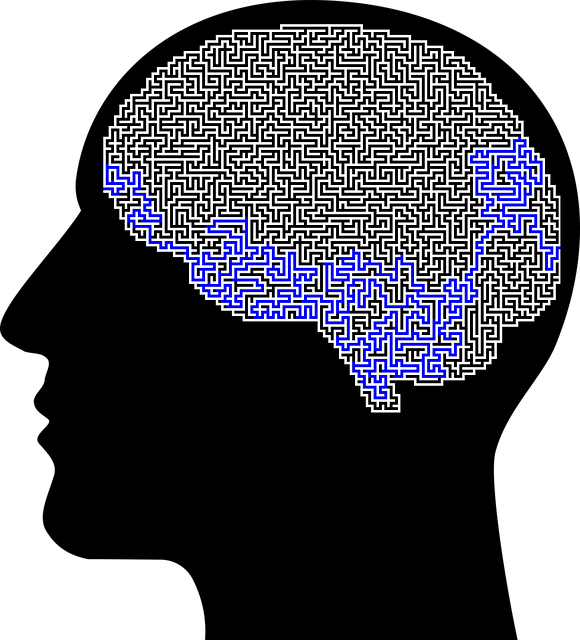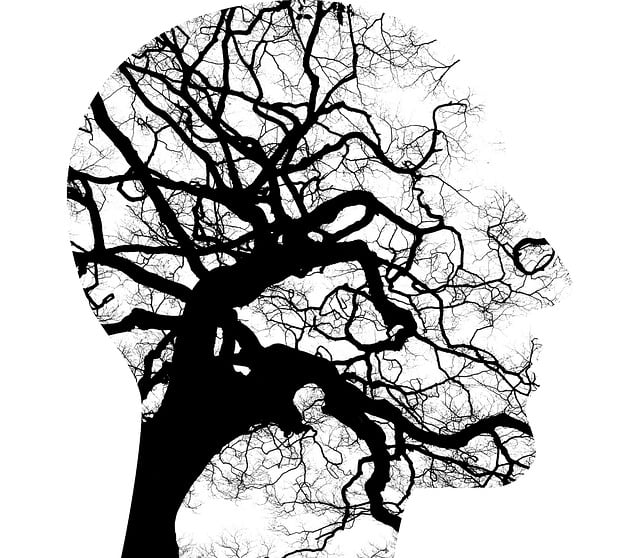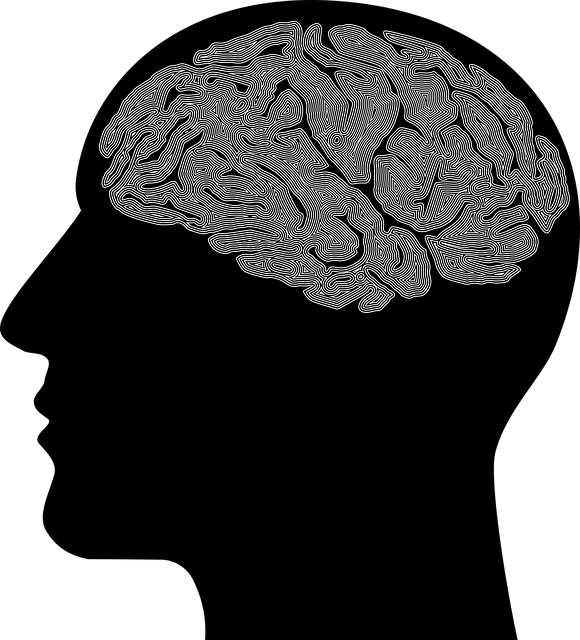Lafayette communities prioritize mental health policies to support residents during major life transitions, ensuring accessible and affordable therapy for overlooked issues. Initiatives like Mental Wellness Journaling, Healthcare Provider training, and mindfulness practices enhance coping mechanisms. Lafayette Major Life Transitions Therapy (MLTT) advocates for evidence-based interventions, addressing the impact of life events on mental health. By integrating community engagement and policy analysis, MLTT drives inclusive healthcare policies that reduce cultural barriers to access, ultimately improving community well-being.
Mental health policies significantly shape the well-being of communities, including Lafayette. This article delves into the impact of mental health legislation on local populations and explores advocacy strategies centered around Lafayette Major Life Transitions Therapy. We analyze how policy interventions can mitigate mental health disparities, with a focus on community engagement. Understanding the role of therapy during major life transitions is crucial for creating inclusive, supportive environments. By examining these aspects, we aim to empower stakeholders in shaping effective mental health policies.
- Understanding Mental Health Policy and its Impact on Lafayette Communities
- Analyzing the Role of Major Life Transitions Therapy in Policy Advocacy
- Strategies for Effective Mental Health Policy Analysis and Community Engagement
Understanding Mental Health Policy and its Impact on Lafayette Communities

In Lafayette communities, mental health policy plays a pivotal role in shaping the well-being and resilience of its residents, especially during major life transitions. Effective mental health policies aim to ensure accessibility and affordability of therapy services, targeting issues that often go unnoticed or overlooked. The impact is profound, creating supportive environments where individuals can seek assistance for anxiety, depression, or trauma, thereby fostering a culture of mental wellness.
Community-centric approaches, coupled with initiatives like Mental Wellness Journaling Exercise Guidance and Healthcare Provider Cultural Competency Training, have shown promise in enhancing support systems. Encouraging mindfulness through practices such as Mindfulness Meditation has also been integrated into local programs to promote resilience and coping mechanisms during challenging life events. These strategies collectively contribute to a more robust mental health framework, supporting Lafayette residents through various stages of life.
Analyzing the Role of Major Life Transitions Therapy in Policy Advocacy

The role of Lafayette Major Life Transitions Therapy (MLTT) in policy advocacy is a significant aspect often overlooked in mental health discussions. MLTT recognizes that major life transitions, such as childbirth, retirement, or loss of a loved one, can trigger mental health challenges that require specialized support. By analyzing the impact of these transitional periods on individuals’ psychological well-being, therapists can provide evidence-based interventions to enhance self-care practices and promote resilience. This approach not only benefits individuals but also has implications for policy change, emphasizing the need for integrated healthcare systems.
In today’s mental wellness podcast series production, exploring MLTT opens up conversations about the importance of cultural sensitivity in mental healthcare practice. As policies evolve, advocates must ensure that services cater to diverse populations, addressing unique cultural barriers to access and treatment. By integrating the insights gained from MLTT into policy advocacy, we can foster more inclusive and effective mental health support systems, ultimately improving overall community well-being.
Strategies for Effective Mental Health Policy Analysis and Community Engagement

Mental health policy analysis is a complex process that requires a multifaceted approach to ensure meaningful and impactful change. One effective strategy is to engage with communities directly affected by mental health issues, such as those seeking Lafayette Major Life Transitions Therapy. By involving community members in policy discussions, advocates can gain valuable insights into the unique challenges and needs of diverse populations. This collaborative approach fosters trust and ensures that policies reflect real-world experiences, making them more effective and equitable.
Community engagement also plays a vital role in amplifying mental health advocacy efforts. Encouraging open conversations about mental wellness, including topics like burnout prevention and positive thinking, can reduce stigma and promote early intervention. Moreover, community events and programs focused on boosting confidence can empower individuals to take charge of their mental well-being. By combining policy analysis with robust community engagement, advocates can drive meaningful change, ensuring that services like Lafayette Major Life Transitions Therapy are accessible and tailored to meet the evolving needs of all individuals.
Mental health policy analysis and advocacy are pivotal for fostering robust communities, especially in Lafayette. By understanding the profound impact of mental health policies, we can leverage strategies like major life transitions therapy to drive meaningful change. Implementing effective engagement tactics ensures that policy decisions reflect the unique needs of Lafayette residents. This holistic approach, centered around comprehensive analysis and community input, has the potential to revolutionize mental healthcare accessibility and quality, ultimately enhancing the well-being of all Lafayettes.














